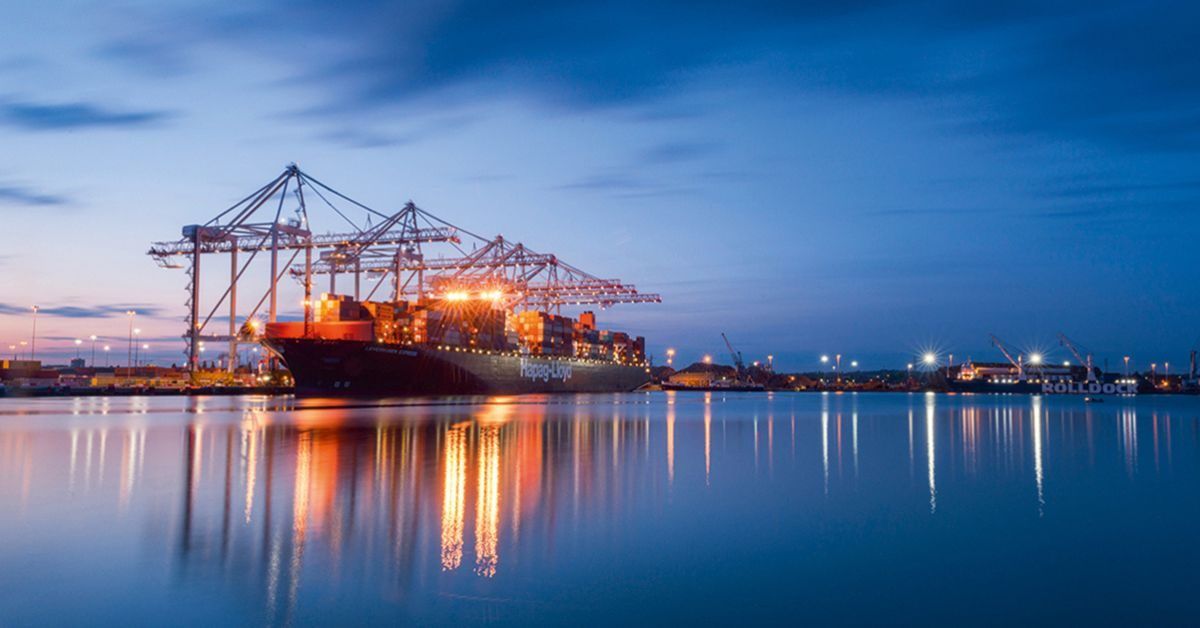The so-called “25 by 25 pledge” is part of an ongoing effort to accelerate trade digitalisation and streamline the supply chain process in the bulk sector.
“The wider adoption of electronic bills of lading is an important step in the shipping industry’s digital transformation,” said Grant Hunter, BIMCO’s director of standards, innovation and research.
Leading miners Rio Tinto, BHP, Vale and Anglo American, as well as shipowners and operators Oldendorff Carriers, Star Bulk and COSCO Shipping Bulk, have signed the pledge and will look to move at least 25% of their annual volume for at least one commodity using eBLs by 2025.
“We fully support the 25 by 25 pledge on the use of electronic bills of lading – as a key step in enabling faster, more secure and traceable trade flows, and bringing the industry closer to a full digital trade future,” said Laure Baratgin, Rio Tinto’s head of commercial operations.
BIMCO is a founding member of the FIT Alliance, a partnership between BIMCO, DCSA, ICC, SWIFT and FIATA that collaborates on the development and adoption of relevant standards to facilitate the use of eBLs.
The shipping body maintained that, in contrast to eBLs, paper bills of lading are inefficient, slow down trade and are vulnerable to fraud and human error, posing unnecessary legal and commercial risks such as relying on letters of indemnity or getting lost in transit.
“As a shipowner and operator, we are fully supportive of the 25 by 25 pledge and accelerating the shift towards electronic bills of lading,” added Julius Posset, head of operations and claims unit at Oldendorff Carriers. “We will be encouraging our counterparts to adopt eBLs and join the pledge as it will ultimately benefit everyone in the supply chain.” Earlier this year, nine top global carriers belonging to the Digital Container Shipping Association (DCSA) committed to 100% adoption of eBLs by 2030 to accelerate the digitalisation of container trade.







